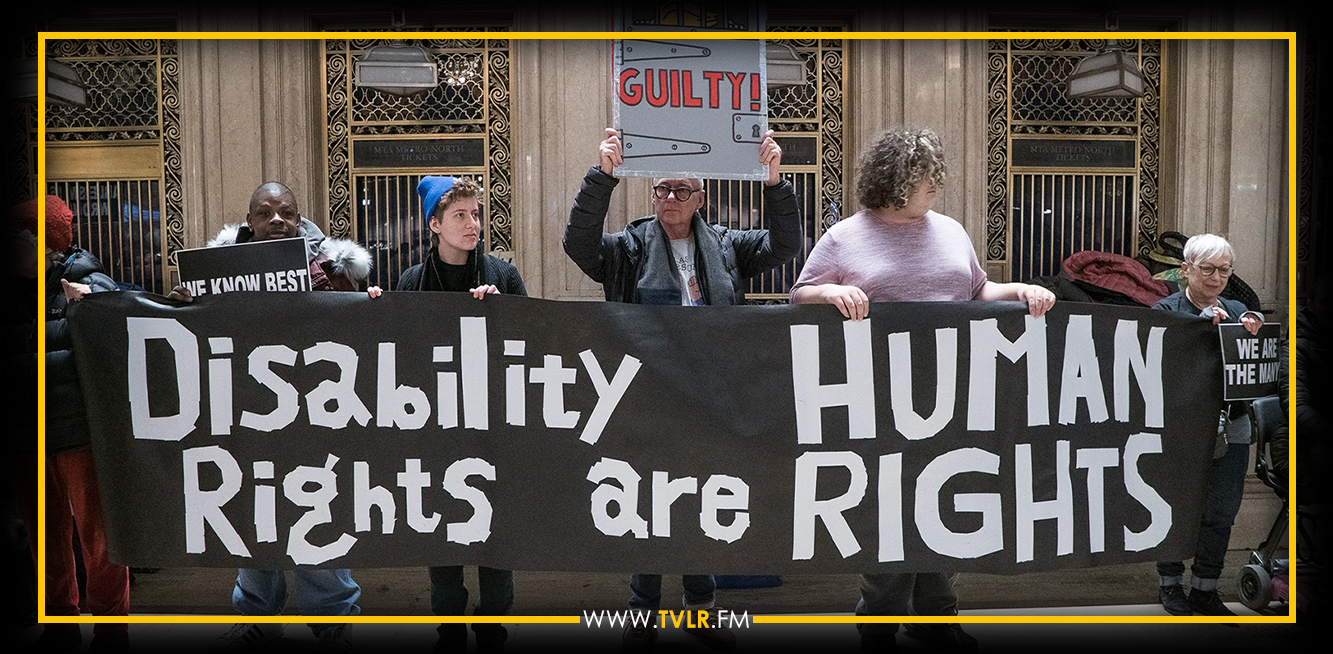The U.S. Department of Labor recently put out a report detailing how they found that nearly half of accommodations for disabled workers have no cost… and yet a very high impact (that is, when employers actually accommodate).
The department’s Office of Disability Employment Policy published this report via their Job Accommodation Network (JAN) service, titled “Accommodation and Compliance: Low Cost, High Impact,” which detailed employer data collected over a three year period (2019-2022) in relation to disability accommodation expenses. According to a press release by the DOL, the report included the following findings:
More than half of employers made accommodations to retain valued employees.
68.4 percent of employers said the accommodations made were either very effective or extremely effective after consulting JAN. Another 18.3 percent of employers said accommodations were somewhat effective after consulting JAN.
The direct and indirect benefits of making accommodations included retaining valuable employees, improving productivity and morale, reducing workers’ compensation and training costs, and increasing workforce diversity.
For those who may not know, “disability accommodation” in this case is referring to modifications made to a work environment which ensure a worker (or workers) with disability have equal employment opportunities. While these accommodations may be customarily made by an employer, the Americans with Disability’s Act helps to ensure that these accommodations are indeed made. According to the DOL, “[u]nder the ADA, covered employers must provide reasonable accommodations for applicants and employees with disabilities, when requested, unless doing so would cause an undue hardship.”
The Assistant Secretary for Disability Employment Policy, Taryn M. Williams, commented that the report essentially reinforced projections based on trends that JAN had been keeping a close eye on for a while now. “This report reinforces what Job Accommodation Network has repeatedly in its work observed, which is that accommodations for disabled workers are indeed a low cost, high-impact strategy for supporting and retaining valued talent,” Williams explained. “The report also reinforces the importance of JAN’s role in helping employers understand available options and implement viable solutions that work for both the employee and organization as a whole.”
Adam Keller, co-host of The Valley Labor Report, brought this report up in discussion on a recent broadcast with guest co-hosts Tahirih Osborne and Ben Jobe. “How many jobs come with requirements, or come with stipulations, that actually have very little to do with getting the job done,” Osborne remarked during the discussion. “How many retail positions have you seen that are customer-facing, that are primarily about operating a cash register, that also say ‘you must be able to lift fifty pounds.’ And that’s actually because they want you to do double-duty, it’s because they want to run skeleton crews, it’s because they want to extract from you as much as possible. It’s not actually because you need to do those things in order to fulfill this job.”
This problem of unrealistic or unnecessary “requirements” has taken the spotlight since the Pandemic hit in 2020 and quarantine regulations meant many, many workers had to work from home, and for a very large number of them, this move to remote work ended up helping them tremendously in multiple ways, it was life-changing for so many people, not least of all workers with disability. The ability to telecommute is itself a “disability accommodation” for many of these workers, and when it was proven beyond a reasonable doubt that many employees were either able to work as efficiently or more efficiently telecommuting than when they were physically at their workplace, it shocked a lot of the disability community when employers suddenly started demanding they return to the office. This ultimately has led to greater scrutiny over workplace “requirements,” and is just one of the many issues behind our current intensifying tug-o-war between workers and employers.
“I think it’s important that we recognize there are folks in our community who have disabilities who are valuable members of our society, and if an employer needs to make an accommodation, make the accommodation,” Keller pointed out during the broadcast.
Osborne also pointed out that, lest employers be worried about being “taken advantage of,” there are parameters for what accommodations are reasonable, and what level of disability warrants said accommodations. “There is a negotiation that happens, there are guidelines that determine whether that [accommodation request] is reasonable or not,” she said. “So it’s not just employees asking for whatever, and demanding that with no guidelines, no accountability.”
Watch the full discussion on YouTube:
